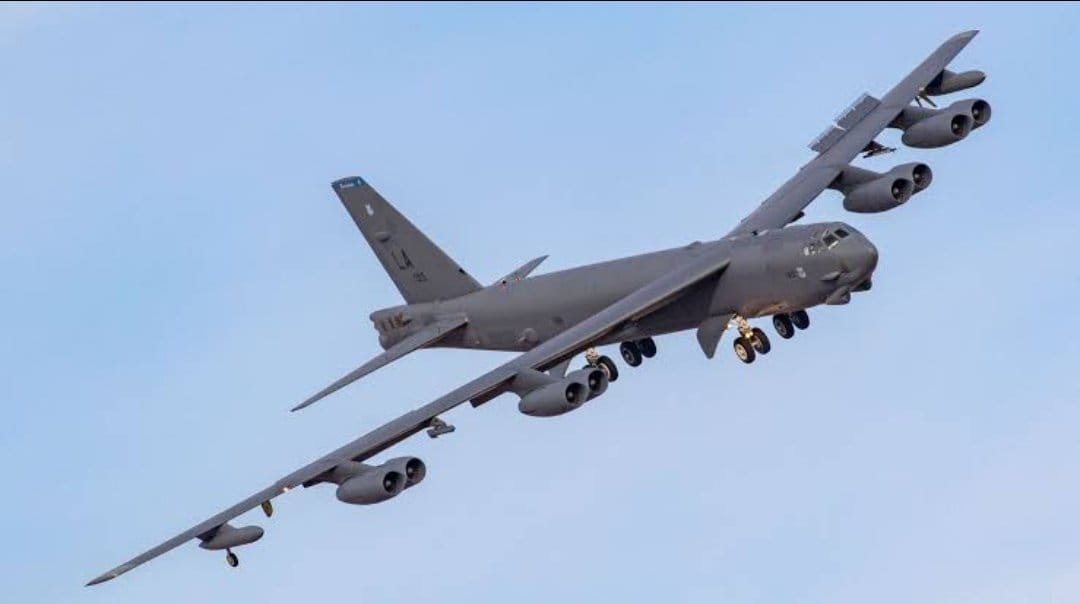By Burnett Munthali
In a significant move to strengthen U.S. military capabilities in the Middle East, Defense Secretary Lloyd Austin has announced the deployment of additional B-52 bombers, tanker aircraft, and Navy destroyers to the region. This decision comes as the USS Abraham Lincoln carrier group prepares to depart, reflecting the U.S. commitment to ensuring stability and security amid rising tensions.
The deployment of B-52 bombers, known for their long-range strike capabilities, enhances the U.S. ability to respond quickly to any potential threats in the area. The inclusion of tanker aircraft will provide essential refueling support, extending the operational reach of the bombers and other aircraft in the region. Additionally, the arrival of Navy destroyers will bolster naval presence, allowing for enhanced maritime security and deterrence operations.
- Ayuba James: A Steadfast Voice of Integrity Within the MCP
- Mighty Wanderers FC Set for CAF Champions League Return After Mpinganjira Green Light
- Mutharika Cracks Down on Health Sector Corruption with Sweeping Executive Order After Media Expose
- BMTV tells DPP to start recognizing its foot soldiers
- HRCC Demands Police Update on Sameer Sacranie Abduction as Public Anxiety Mounts
Secretary Austin emphasized that these measures are part of a broader strategy to maintain a strong and visible U.S. military presence in the Middle East. “Our forces are prepared to respond to any threats and to protect U.S. interests and our allies in the region,” he stated. The decision to augment military resources follows a careful assessment of the evolving security landscape, which includes ongoing challenges related to regional conflicts and threats from hostile entities.
This strategic repositioning comes at a time of heightened tensions in the Middle East, with ongoing conflicts in several countries and concerns about the activities of state and non-state actors. The U.S. aims to reassure its allies and deter any potential aggression that could destabilize the region further.
The deployment of these additional military assets is also seen as a signal of U.S. resolve in supporting its allies, particularly in light of recent developments involving Iran and its proxies, who have been implicated in escalating regional conflicts. The U.S. has reiterated its commitment to countering threats and ensuring that international maritime routes remain open and secure.
As the USS Abraham Lincoln carrier group departs, the U.S. military’s enhanced presence through these new deployments underscores a proactive approach to safeguarding peace and stability in the Middle East. With the complexities of the region’s geopolitical landscape, these military actions aim to fortify U.S. interests while providing a stabilizing influence amidst ongoing uncertainties.




